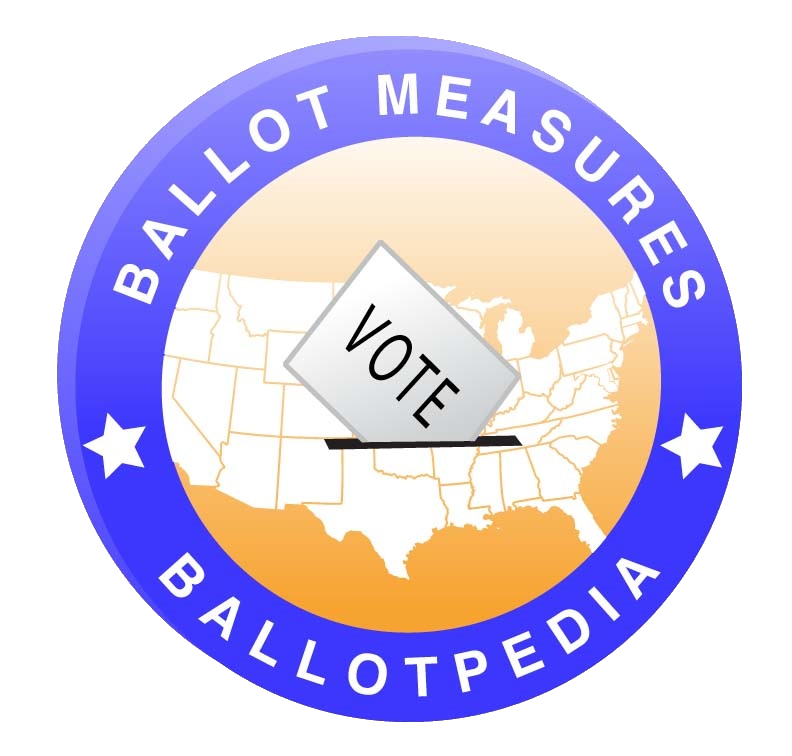Laws governing ballot measures in Nevada
This page provides an overview of resources addressing the laws and procedures that govern statewide and local ballot measures in Nevada, including the initiative and referendum process, constitutional amendments, signature requirements, recall procedures, and campaign finance regulations.
- Types of ballot measures in Nevada
- Laws governing the initiative process in Nevada
- Amending the Nevada Constitution
- Laws governing local ballot measures in Nevada
- Signature requirements for ballot measures in Nevada
- Laws governing recall in Nevada
- Laws governing state constitutional conventions in Nevada
- Campaign finance requirements for Nevada ballot measures
- Changes to laws governing ballot measures in Nevada
Laws governing ballot measures in Nevada
Types of ballot measures in Nevada
- Nevada has four types of citizen-initiated ballot measures: initiated constitutional amendments, initiated state statutes, statute affirmations, and veto referendums.
- Nevada is the only state with statute affirmations.
- In Nevada, the legislature can refer constitutional amendments, state statutes, bond measures, and advisory questions to the ballot.
Laws governing the initiative process in Nevada
- In Nevada, citizens have the power to directly initiate state statutes or constitutional amendments, as well as the power to affirm legislation through statute affirmations and repeal legislation through veto referendums.
- Nevada adopted the initiative and referendum process in 1904, with voter approval of Question 1.
Amending the Nevada Constitution
- Nevada became a state in 1864. The first and current state constitution was ratified that same year.
- The Nevada Constitution can be amended in three ways:
- Legislatively referred constitutional amendment: A simple majority vote is required during two successive legislative sessions for the Nevada State Legislature to place a constitutional amendment on the ballot. Amendments do not require the governor's signature to be referred to the ballot.
- Initiated constitutional amendment: Citizens can initiate constitutional amendments in Nevada. A simple majority vote in two consecutive elections is required for voter approval.
- Convention-referred constitutional amendment: A state constitutional convention can vote to refer constitutional changes to the ballot.
Laws governing local ballot measures in Nevada
- Article 19, Section 4 of the Nevada Constitution mandates the powers of initiative and referendum to all cities and counties.
Signature requirements for ballot measures in Nevada
- In Nevada, the number of signatures needed to place any measure on the ballot is equal to 10% of the total number of votes cast in the preceding general election.
- In Nevada, initiated statutes, initiated amendments, referendums, and affirmations each have different deadlines and circulation periods. Click here to see the specific deadlines for each election year.
- Proponents of a citizen-initiated measure must collect signatures equal to 10% of the total votes cast in the most recent general election in each of Nevada's congressional districts.
Laws governing recall in Nevada
- All state and local officials, other than judges, are subject to recall in Nevada.
- Article II, Section 9 of the Nevada Constitution grants Nevada voters the authority to recall public officials.
Laws governing state constitutional conventions in Nevada
- According to Section 2 of Article 16 of the Nevada Constitution, a two-thirds vote of the Nevada State Legislature is required to refer a constitutional convention question to the ballot. A simple majority vote of the electorate is required to call a convention.
Campaign finance requirements for Nevada ballot measures
- PACs that support or oppose ballot measures in Nevada must register and report campaign finance.
Changes to laws governing ballot measures in Nevada
See also

- • State ballot measures
- • Local ballot measures
- • Analyses
- • Campaign finance
- • Endorsements
- • Polls
Footnotes



